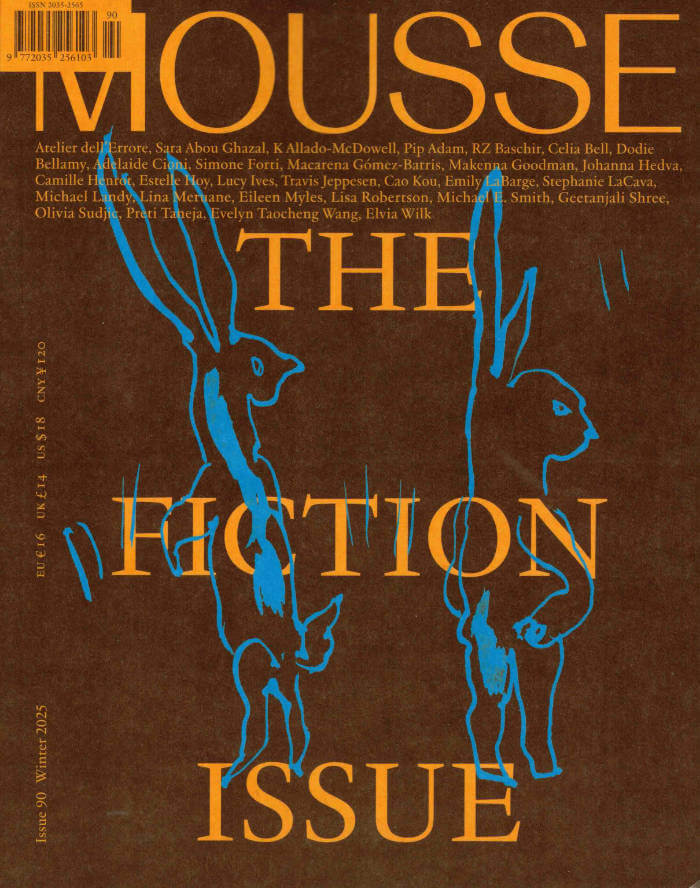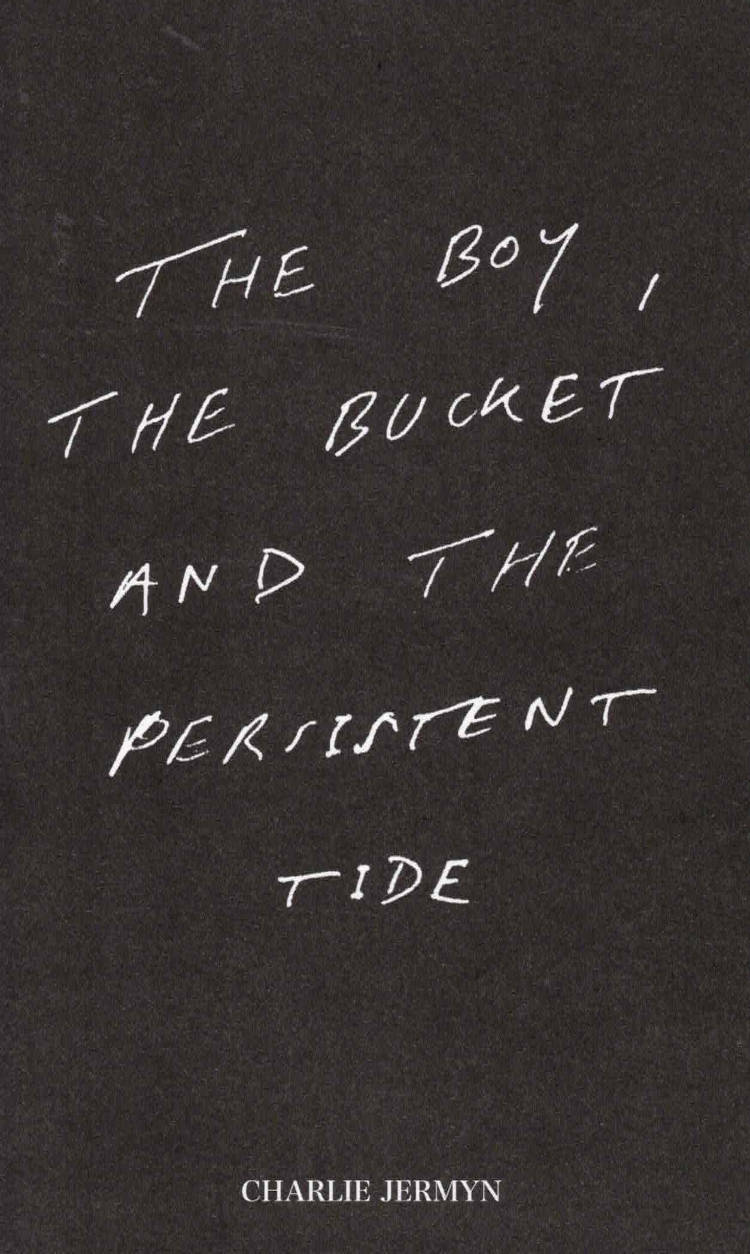
Deleuzine Volume 2: She-Dogs
Sabeen Chaudhry ed., Lilly Marks ed.
Deleuzine: A Zine for Nobodies Without Organs is an experimental publication inspired by the writings of French philosopher Gilles Deleuze, as well as figures whose life or work can be said to exemplify aspects of Deleuze’s philosophy of life, including Antonin Artaud, Ezekiel Mphaphele’s Wanderers and Kathy Acker among others. Encompassing the fields of literature, philosophy, ethnography, archaeology, and the arts, the publication aims at a radical exploration (and exploitation) of word, image, and printed matter towards beauty, but also aesthetic and political freedom.
1 Laurence Pritchard, Memories of the Penes 6 Natascha Nanji, Crisis in Three Parts 16 Max Henninger, From Poems For Two Voices 18 Sascha Akhtar, Now, You Become D/eath, Destroyer 34 Karina Bush, Claws; I Spit; Sonnet VI 36 Francesca Dobbe, Dog Lady’s Becoming Animal 9 George Micah Kuhn, Pharmacophilia 54 Uma Breakdown, The Graveyard of Extension 60 MUCK, ‘IN A FOLD, THE OUTSIDE IS NEVER FULLY ABSORBED…’ 73 Anouk Asselineau, Angel’s Share 78 Maria Sledmere, Zebra; Lens Flare; Sophie Ellis-Bextor’s Kitchen Disco; Jewel Organza; New Weird Kirsty 82 Paola Valentina, Tube people 85 Dalia Maini, Water Lilies Syndrome 88 Hugo Hagger, Death Dissensus 95 Michal Leszuk, Curating Cruising Culture in the Anthropocene 108 Joshua Jones, Petřín Hill, Dusk 111 Chiara Gambuto 143 Isaac Harris, Helioelagablaus Reborn 163Helen Samuels, Winterize 174 Aimilia Efthimiou, A Recipe 176Simon Barraclough, Vampire in the Funhouse, Part I 178 Suki Hollywood, Mortal Combat 186 Louis Mason, The Executioner 198 Rebecca Close, The Acephale Sonnets 204Sites Of Horror RU, RmIH8 U 90’s Ancestors 206 MUCK, THE STORM 215 George Finlay Ramsay, Raven’s Reprise 228Mike Templeton, The Window Journal: Looking out my Window onto Court Street 232 Caitlin Merrett King, She Has No References; Dylan Thomas; For S 235 Phoebe Eccles, Hold Me in Your Watchful Presence 238 Isabelle Bucklow, Some Bears, Some Moves 244 Alistair McCartney, The Textual Animal 248 Caspar Bryant, Diffraction of a Waterfowl 249 Flo Josephine Goodliffe, Alive Border (Husk or Shell) front & back cover(s) Jean-Robert Alcindor (dispersed) drawings by Rossen Daskalov designed by Alessia Arcuri







